YINTAI
EN | 中文
- ABOUT US
- OUR BUSINESS
- SOCIAL RESPONSIBILITY
- NEWS CENTER
- JOIN US
- En|中文
On July 13, Hangzhou Daily published an article titled “First store charm sparkles in Hangzhou”, which was also featured on the Hangzhou government website. The article pointed out that the first-store economy has become a symbol of urban consumption energy levels and business dynamism. Since the beginning of the year, numerous high-end and high-quality first stores have established their presence here, reshaping Hangzhou’s business landscape, and kick-starting the consumer market. In the thick of this are Yintai Group’s Hubin Yintai in77 and Western Hangzhou Intime City, which have continued to innovate so as to provide consumers with a brand new experience, adding ceaseless vitality and dynamism to the key business districts of Hubin in Hangzhou. The following is the full text of the article:
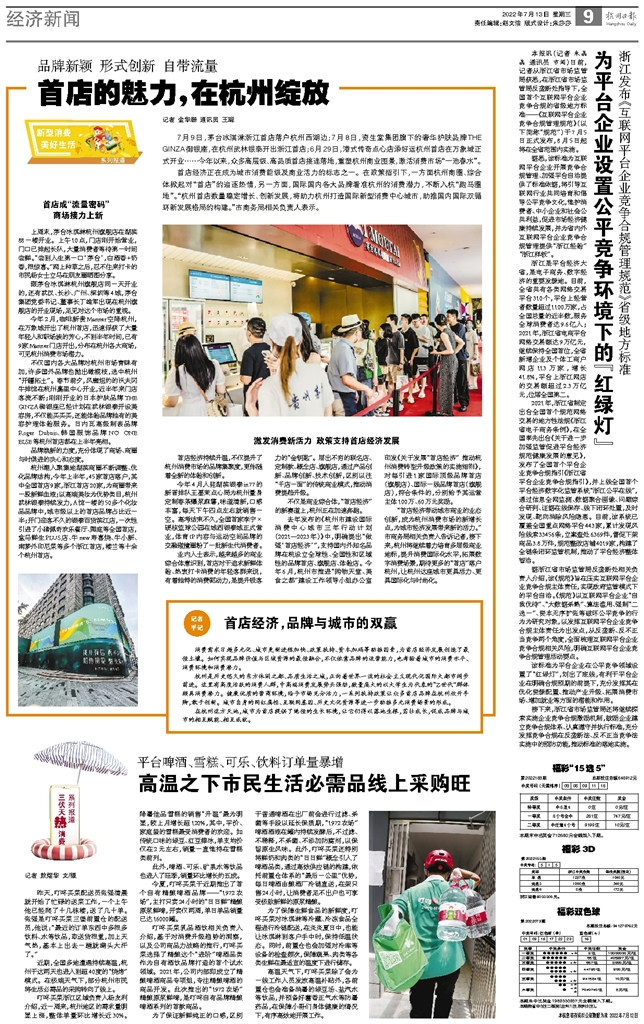
The first store of Maotai Ice Cream in Zhejiang established its presence in Hangzhou on July 9; on July 8, Shiseido Group's tailor-made prestige skincare brand, THE GINZA opened its first store in Wulin Intime Department Store; in June 29, legendary Hong Kong dim sum restaurant chain Tim Ho Wan officially opened for business in MixC Mall...... Since the beginning of the year, numerous high-end and high-quality first stores have established their presence here, reshaping Hangzhou’s business landscape, and kick-starting the consumer market.
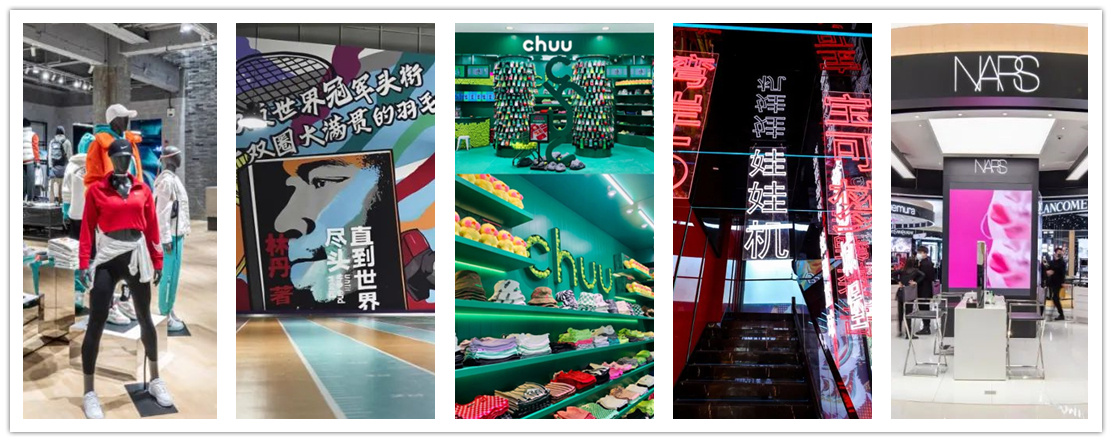
The first-store economy is becoming a symbol of urban consumption energy levels and business dynamism. Under policy guidance, business districts and complexes in Hangzhou have actively pursued “first stores” on the one hand, while major international and domestic brands have taken aim at the consumption potential of Hangzhou, and entered the city in droves to capture a slice of the market, on the other hand. “The steady increase in the number of first stores, and their innovative development will help transform Hangzhou into a new international consumption center city, contributing to the construction of the new dual circulation development pattern,” said the head of the city’s commerce bureau.
First stores have become the “traffic password” as new stores debut in malls
Last weekend, Maotai Ice Cream’s flagship store opened for business on the first floor of Hubin 88. Well before the store opened for business at 10am, a long queue had already formed. “This is the first time I’ve tasted “Maotai”. The fragrance of baijiu and cream is absolutely delightful.” After making a recommendation on the internet, Ms Yang who came because she simply could not resist the lure of sampling the delights of this first store immediately shared her experience on WeChat Moments.
On the same day of the opening of Maotai Ice Cream’s flagship store in Hangzhou, new stores also commenced business in Wuhan, Changsha, Guangzhou and Shenzhen. The Party secretary and Chairperson of Kweichow Moutai Group Ding Xiongjun was present at the opening of the Hangzhou flagship store, underlining this market’s significance to the Group.
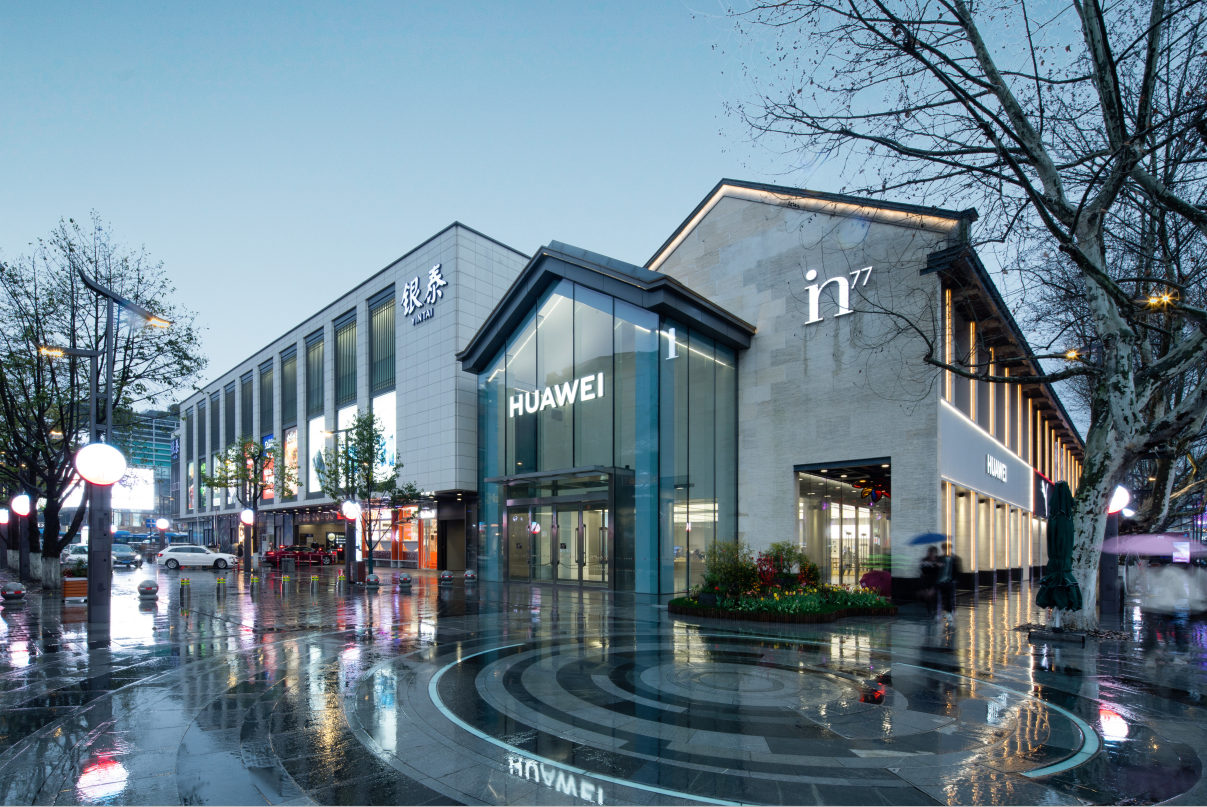
Hubin Yintai in77 is home to Plus, Huawei’s authorized experience flagship store in Zhejiang
In February this year, coffee upstart Manner opened its first store in Hangzhou at MixC Mall, and has since become the favorite haunt of youngsters and office workers. In less than half a year, it has opened nine Manner outlets in various major Hangzhou shopping malls, testifying to Hangzhou’s consumer market potential.
The Hangzhou market is not only a hot favorite among major domestic brands, but also among many international brands which have chosen Hangzhou to “carve out and expand their territory”. On the eve of the Spring Festival, popular New York City restaurant Wolfgang’s Steakhouse opened its doors at Hangzhou Kerry Centre, and business has been brisk since. Meanwhile, Japan’s skincare brand THE GINZA, which just opened for business is already planning to open a beauty salon at Wulin Intime Department Store, so shoppers can not only shop till they drop but also experience the brand’s unique beauty treatment services. Geneva’s haute horlogerie brand Roger Dubuis, and South Korea’s clothing brand NO ONE ELSE are also among first stores that have made their debut in Hangzhou.
The strength of brand renewal fully reflects the determination and attitude of shopping malls and business districts to keep up with the times.
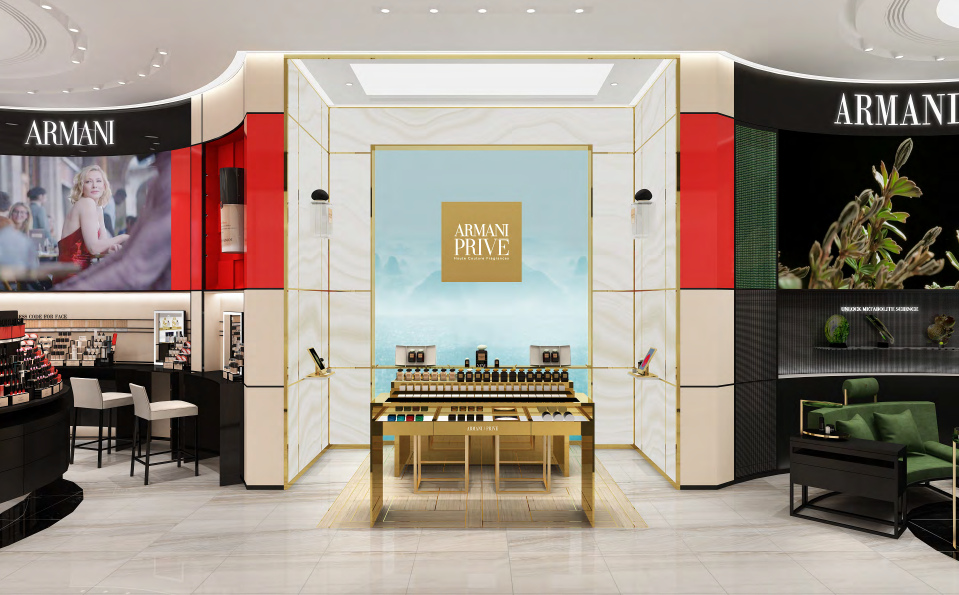
Armani's first Mini Cabin store in Zhejiang debuts in Western Hangzhou Intime City
The Hubin business district, a place where Hangzhou’s trendsetters gather, has continued to adjust and optimize its brand mix. In the first half of this year, 45 first stores were established, of which nine were first stores in China, and 20 were first stores in Zhejiang, pumping fresh blood into the business districts. Take for example high-end cosmetics as a dominant category, which Wulin Intime Department Store has continued to forge ahead. Of the more than 50 cosmetic brands on the first floor of Block A, city grade and above first store brands account for half of the total. Binjiang Intime Department Store, which opened not long ago, welcomed national first stores for Peppa Pig Happy Restaurant and Qingting as well as more than 30 Hangzhou first stores for brands such as Freshippo Plus, New Sukiyaki, Niuxiaoxin Yakiniku Ya, and Banyuwangi Indonesian Restaurant.
Stimulating new consumption dynamism, and supportive policies that help develop the first-store economy
The rise and rise of the first-store economy has not only increased the brand concentration of Hangzhou’s consumer market but also brought along new experiences and innovation.
Momo Dim Sums, the new king of queue, which opened in Hubin Yintai in77 in April this year, has tailored made mochi with molten spring tea filling for Hangzhou. Famed for its refreshing and flavorful taste, it is completely sold out by around 4pm every day. Soon after the College Entrance Exam ended, the first national Li Ning X Inheart Basketball Park commenced official operations at Western Hangzhou Intime City. The sports IP cum sports venue brand has attracted a new generation of consumers.
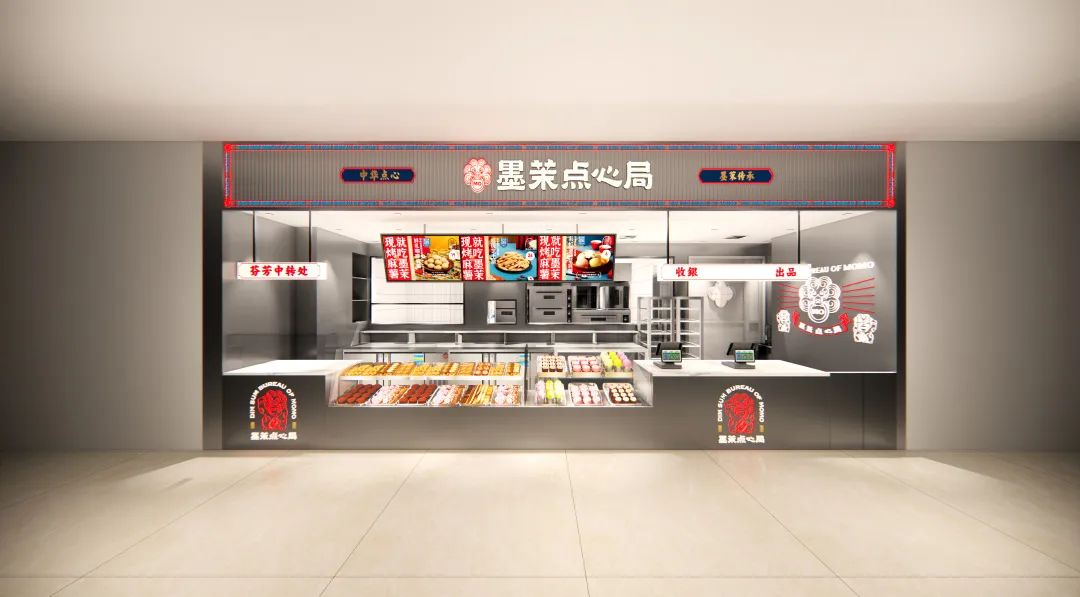
Momo Dim Sums sets up first Hangzhou in Hubin Yintai in77
Industry insiders said that an increasing number of commercial complexes have come to realize that first stores are a unique consumption impetus for young customers who pursue new experiences and are passionate about spending at must-visit places. They are the “golden key” to visitor attraction. Thanks to product, brand and technological innovations, this endless stream of co-branding stores, custom made models, concept stores and flagship stores differ from the “ubiquitous run-of-the-mill” traditional business model, driving consumption upgrading.

First national Li Ning X Inheart Basketball Park opens at Western Hangzhou Intime City
Other than commercial complexes, Hangzhou is also accelerating its pace in the new “first-store economy” racetrack.
The Three-Year Action Plan to Establish Hangzhou as an International Consumption Center City (2021-2023) issued last year specified that Hangzhou would “strengthen its ‘first-store economy’”, and support renowned foreign and domestic brands that establish global, national and regional first stores, flagship stores and experience stores in Hangzhou. In June this year, Hangzhou advanced the Detailed Rules for the Implementation of the Policy to Develop the “First-store Economy” as a Means of Promoting Consumption Transformation and Upgrading in Hangzhou printed and circulated by the office of the leading group for the development of the “Shopping Paradise and Gourmet Capital”. Specifically, the business entity of a party that introduces a first store (flagship store) of each top international brand, and the first store (flagship store) of each international Tier 1 brand, upon meeting the requirements, will be offered an incentive worth RMB1 million and RMB600,000, respectively.
“The first-store economy has helped innovate the city’s commercial businesses, and has become a new growth driver of Hangzhou’s consumer market, bringing new dynamism to the development of the city’s economy,” said the relevant head of the city’s commerce bureau. Going forward, Hangzhou will continue to focus on developing multi-tiered commercial landmarks, raise the level of internationalization in consumption, and expand digital consumption scenarios. We look forward to more “first stores” making their debut in Hangzhou so that the city can become even more dynamic, international and fashionable.
Reporter’s notes: First-store economy is win-win for brands and the city
Increasingly diverse consumption demand, the accelerating process of urban renewal, policy support, capital increases and other boosters have created an excellent environment for developing the first store economy. How the best integration of brand value and regional resources is to be achieved is not only dependent on the operating capabilities of brands, but is also a test of the consumption level, environment and potential of a city.
Hangzhou has long been known as a leisure capital of the East, and a city of quality living. It is now striding toward becoming a world class socialist modern international metropolis. The city boasts a highly active group of consumers, and strong mid- to high-end consumption development momentum. The massive “Gen Z” group typified by university students has considerable consumption potential. A sound business environment offers the market adequate vitality, and a set of supportive policies allows these numerous first store brands the latitude to innovate. The city’s innate internet celebrity attributes, internet DNA and historic cultural resources have further helped shape a diversified consumption setting.
Hangzhou has provided first stores the best growth environment. It has given them space to be established and take root, and to grow and thrive, which will facilitate mutual empowerment and mutual success for both brand and city.